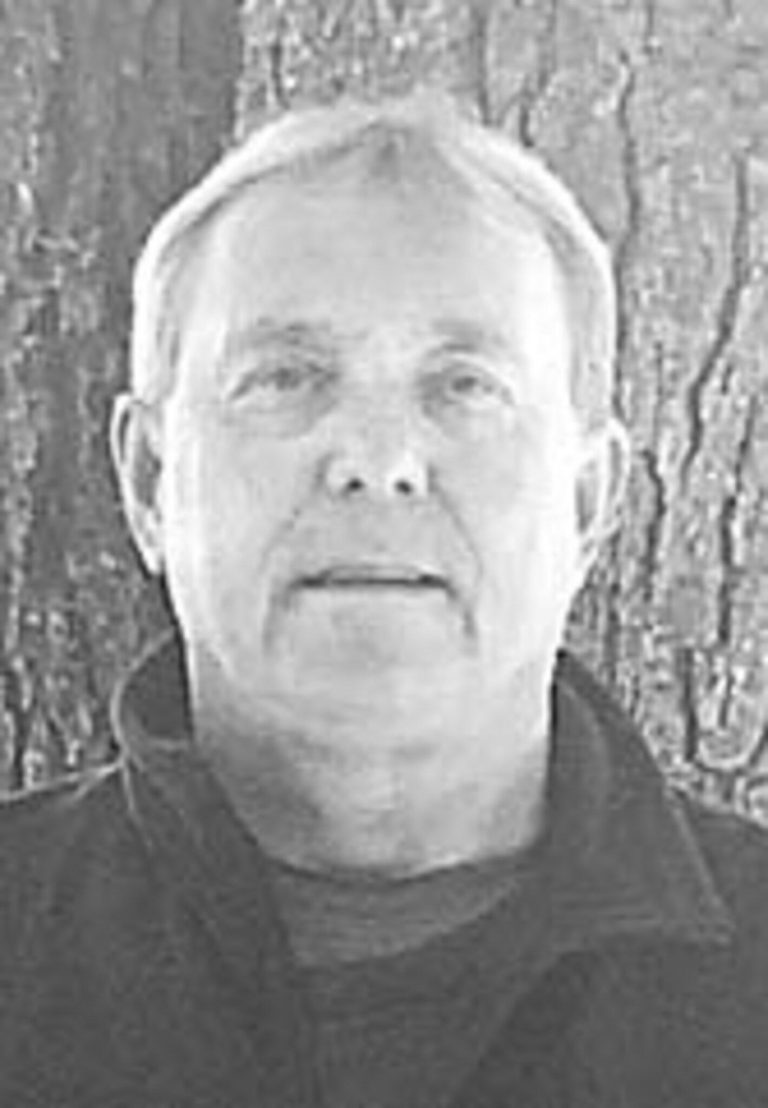Sayings, Quotes & Metaphors

There’s a saying that goes, “Sometimes there are just no words,” and I find myself in such a position, with no words or inspiration for an article. That hasn’t always been a deterrent to writing. In fact, it was part of my writing training. In high school English, we’d be tasked to write a 500-word essay from time to time on a topic of our choosing for the next day’s assignment. I was a naïve country kid growing up on a farm on a dead-end road. What was I supposed to write about that could be of interest? I had no idea.
Inadvertently, these overnight assignments taught me to overuse many, many, many useless, unnecessary, irrelevant, and undescriptive adjectives and adverbs (see how good that works) simply to achieve 500 words about almost nothing rather than put together a concise and informative story. However, it got me a passing grade, which was inspiration enough for the moment. Given my current lack of words, I’ll share others’ words that have stood the test of time, along with a few I’ve recently come across.
Going back to the saying at the start of this story, there are times so surprising, so intense, or so tragic, that words are ineffective and even unnecessary. In times like these, just being present is enough to share in the joy, the shock, or the grief. Indeed, no words may be the best option. To further support the effectiveness of minimizing words or simply staying silent, I submit Clint Eastwood, one of my favorite actors. Eastwood could star in a movie doing little else than a few grimaces, a stare down or two, and maybe a shootout, without hardly saying a word throughout. However, the few words he did say were impactful and even memorable. “Go ahead, make my day.”
“If I had more time, I would have written a shorter letter.” This quote, and slight variations to it, have been attributed to Henry David Thoreau and Mark Twain, and to the French philosopher Pascal. It speaks to the importance of brevity in communication and the significant preparation it takes to also make it accurate, detailed, and informative. I try to keep these articles brief, and hope someday to even have them accurate, detailed, and informative. But as Boston Braves pitcher, Cliff Curtiss explained after losing his 23rd consecutive game over the 1910-1911 baseball season, “Oh well. You can’t win ‘em all.”
Two metaphors popped up on social media that deliver a message similar to both. First, a man has two wolves, and they’re always fighting. One is darkness and despair. The other is light and hope. Which wolf will win? The answer – whichever one he feeds. In the second, a man is walking through a room full of people while carrying a cup of coffee. As he walks about, he’s bumped by a fellow, and spills his coffee. Why did the man spill his coffee? The answer – because it was coffee he was carrying. Both questions suggest we choose our way. What are we feeding? What are we carrying?
The following words are from a television character, Ted Lasso, played by Jason Sudeikis of Saturday Night Live fame. He discovered a member of his staff had undermined his soccer team. It was a perfect opportunity to fire the fellow on the spot. Instead, about the infraction, he said to a cohort, “I hope that either all of us or none of us are judged by the actions of our weakest moment, but rather, by the strength we show when or if we’re ever given a second chance.” The offender was given a second chance. It was a moment of empathy, forgiveness, and strength. I’ve had weak moments too, but we won’t get into that on the grounds of another saying that comes to mind, “Some things are best left unsaid.”
The last words are from a Chinese proverb, “He who blames others has a long way to go on his journey. He who blames himself is halfway there. He who blames no one has arrived. “That’s good form for a preschooler, a preacher, or a president.
I’ve never uttered anything to be remembered in centuries to come, but I did put together two words that said much more than their weight. After bringing home our first-born baby girl, Beth, from the hospital, I said to my wife, “Now what?” I think Clint would like itLeo is retired and lives in rural Cook with his wife, Lindy. He is the author of three books, She Won’t Mow the Daisies, The Cabin Experience, and Life Over Easy. Leo can be contacted by email at llwilenius@gmail.com.

